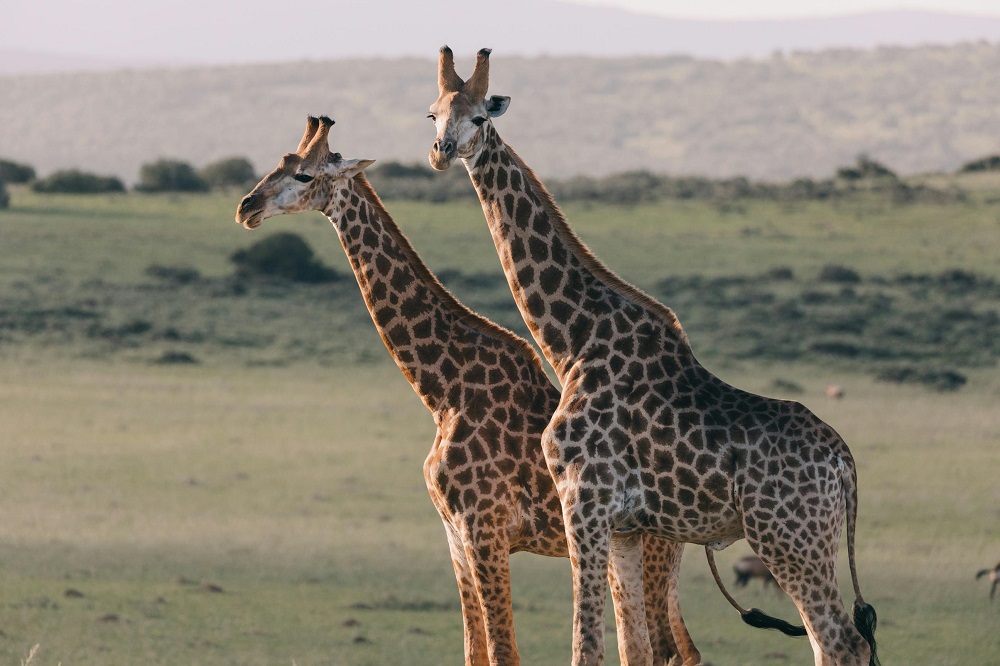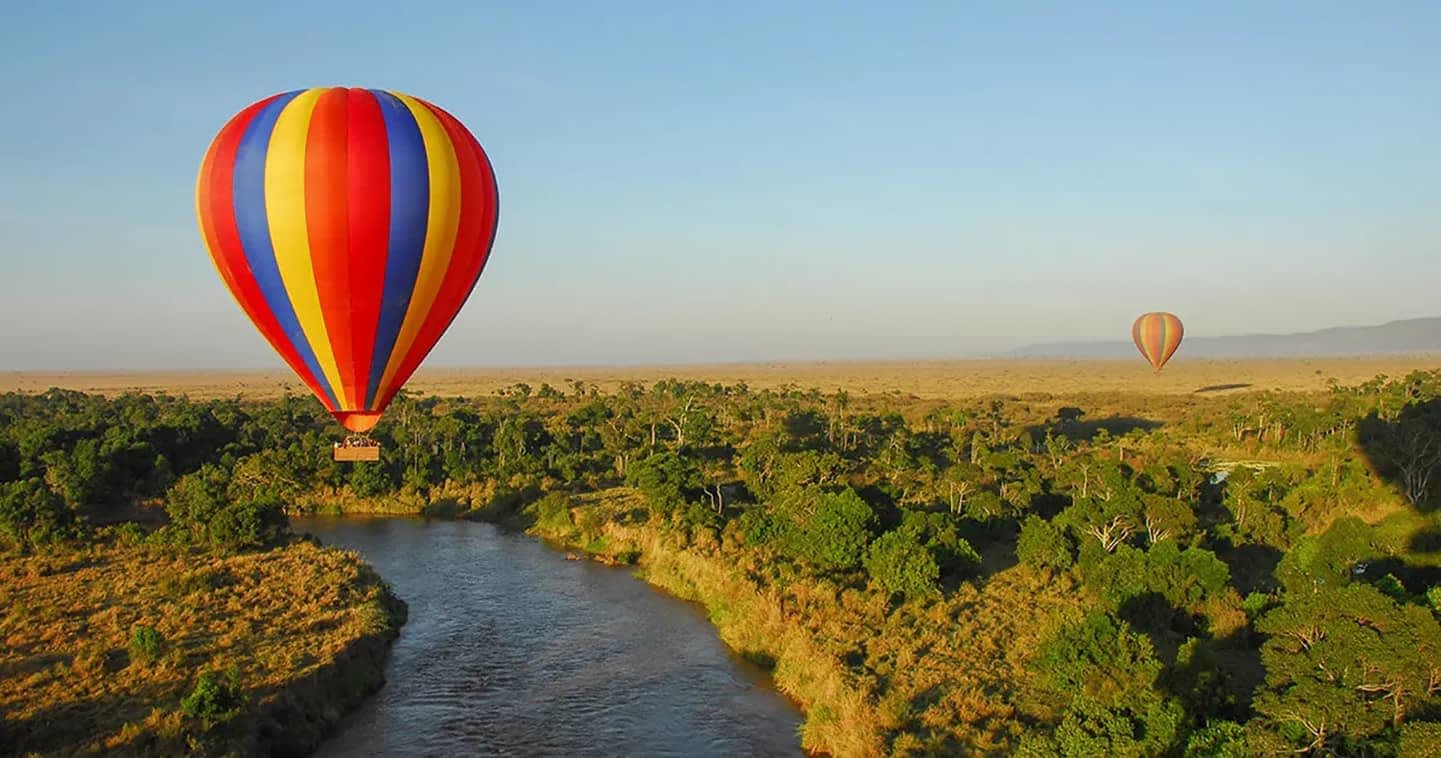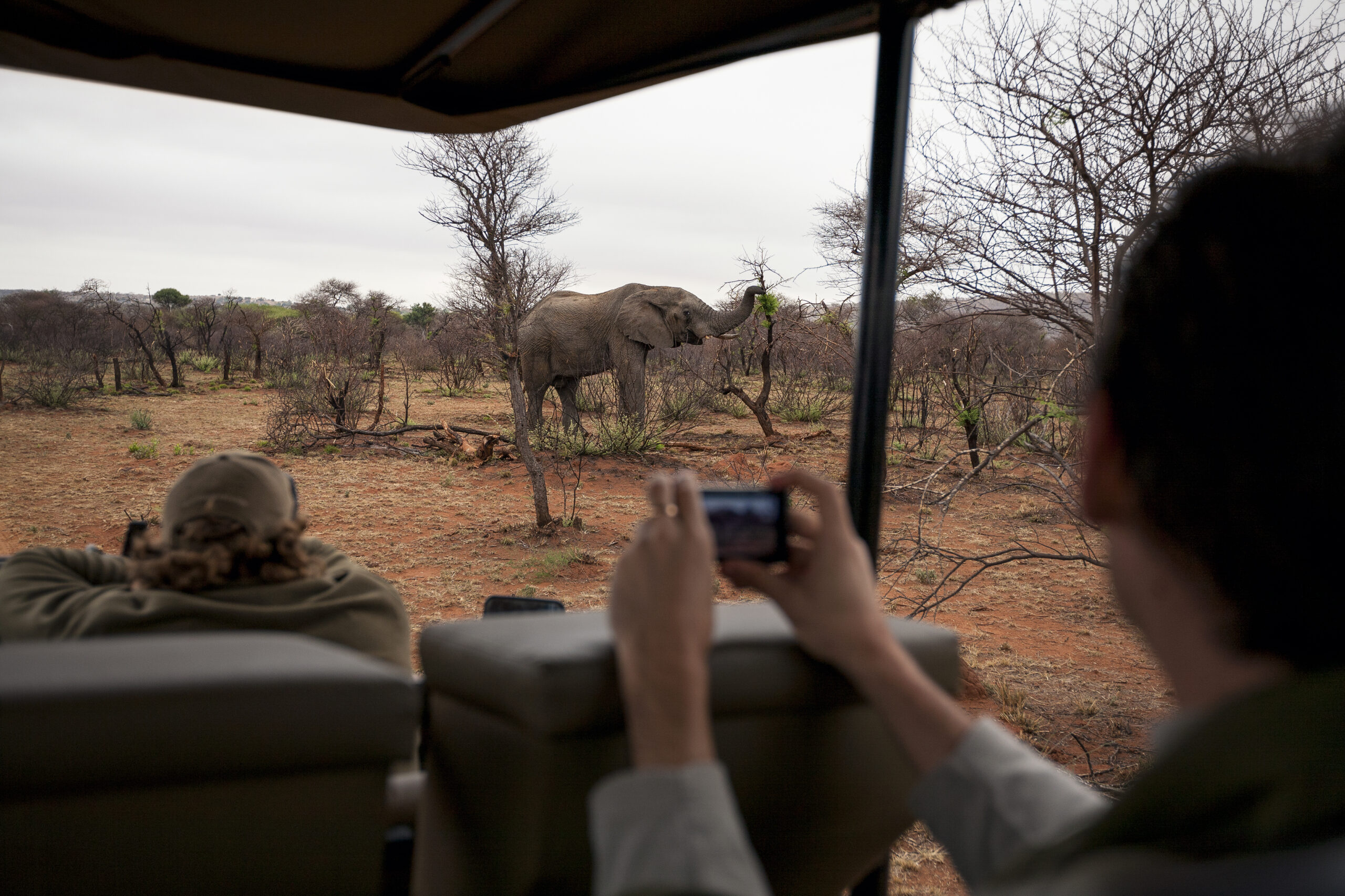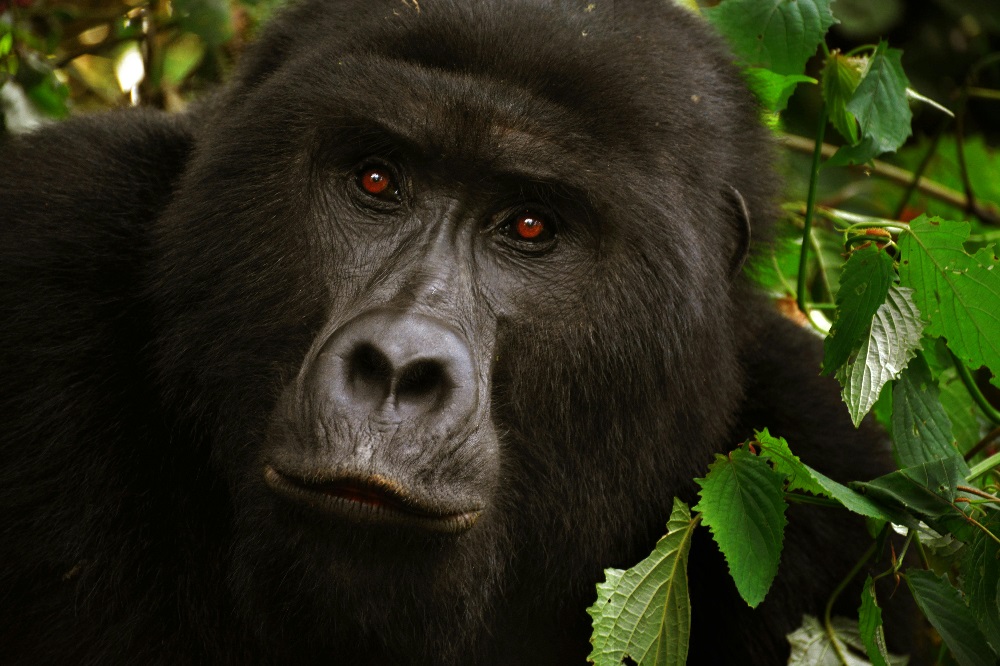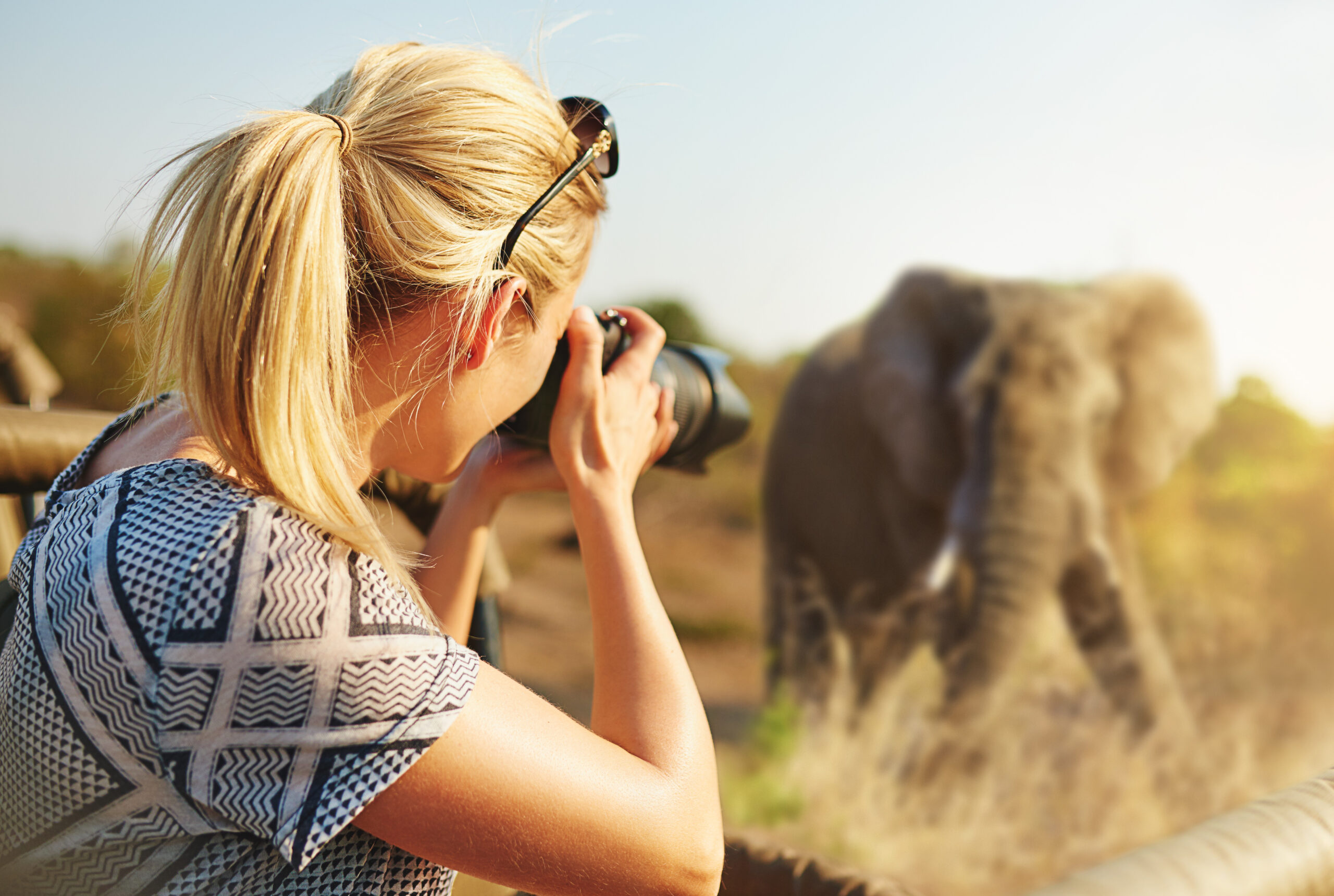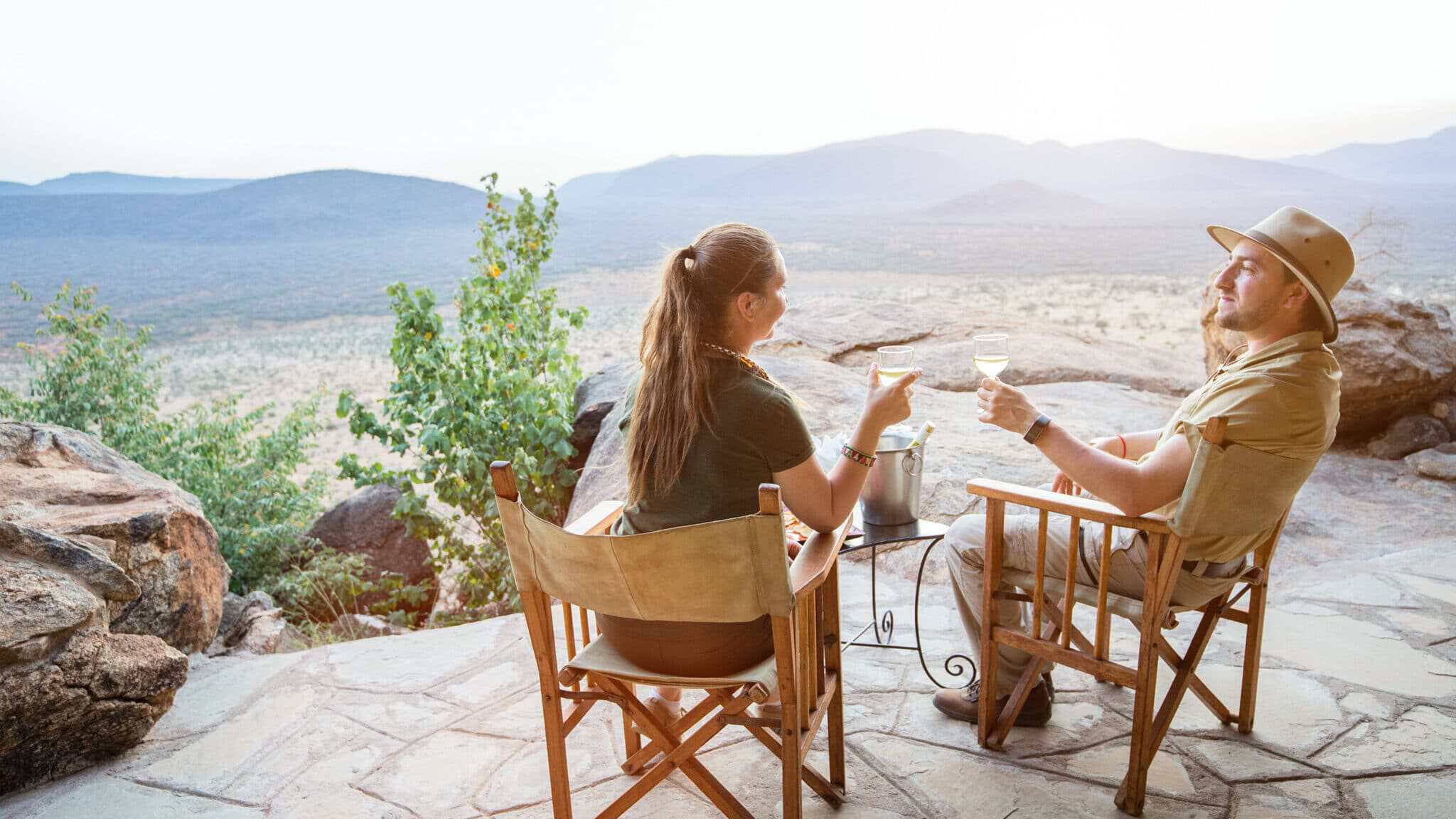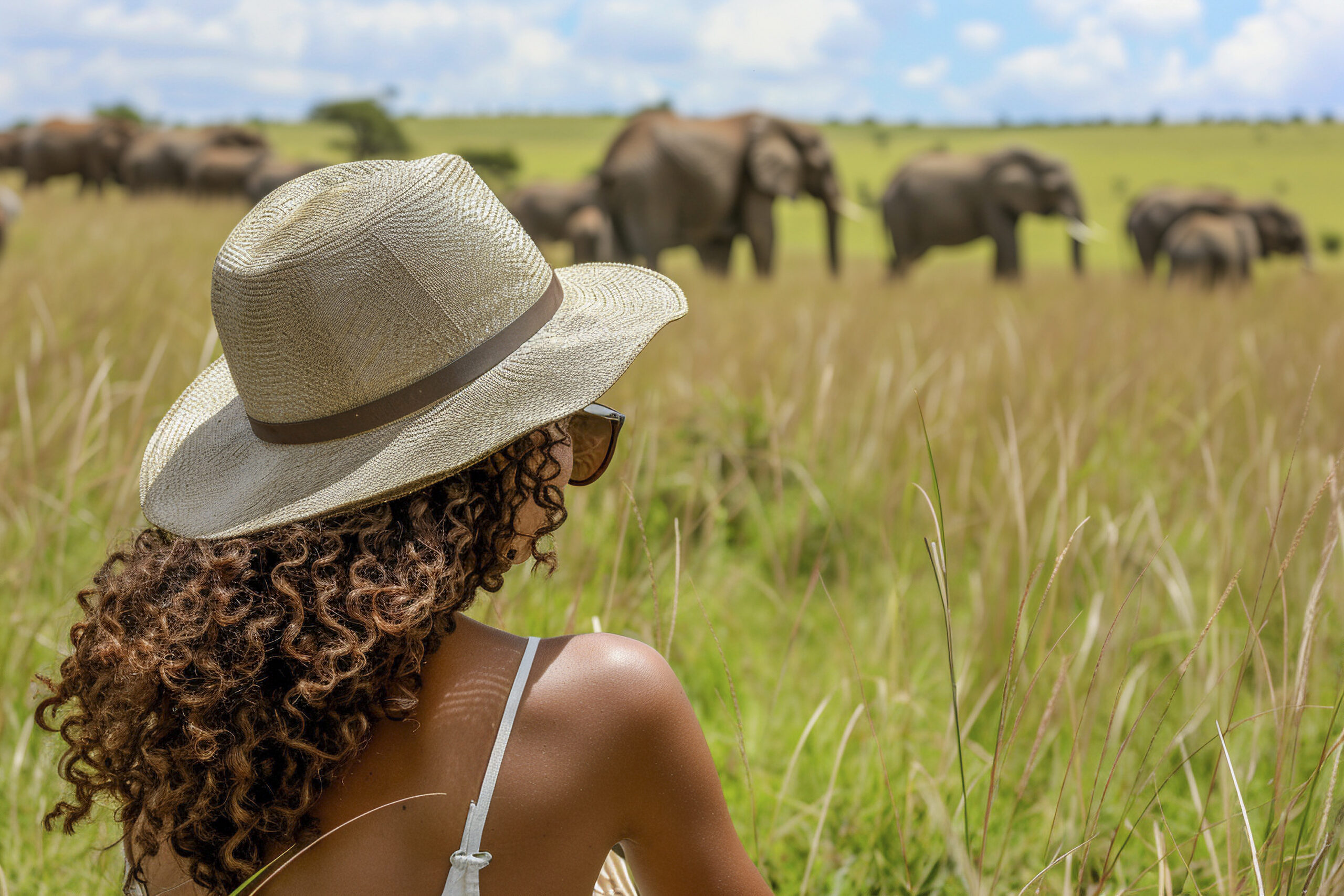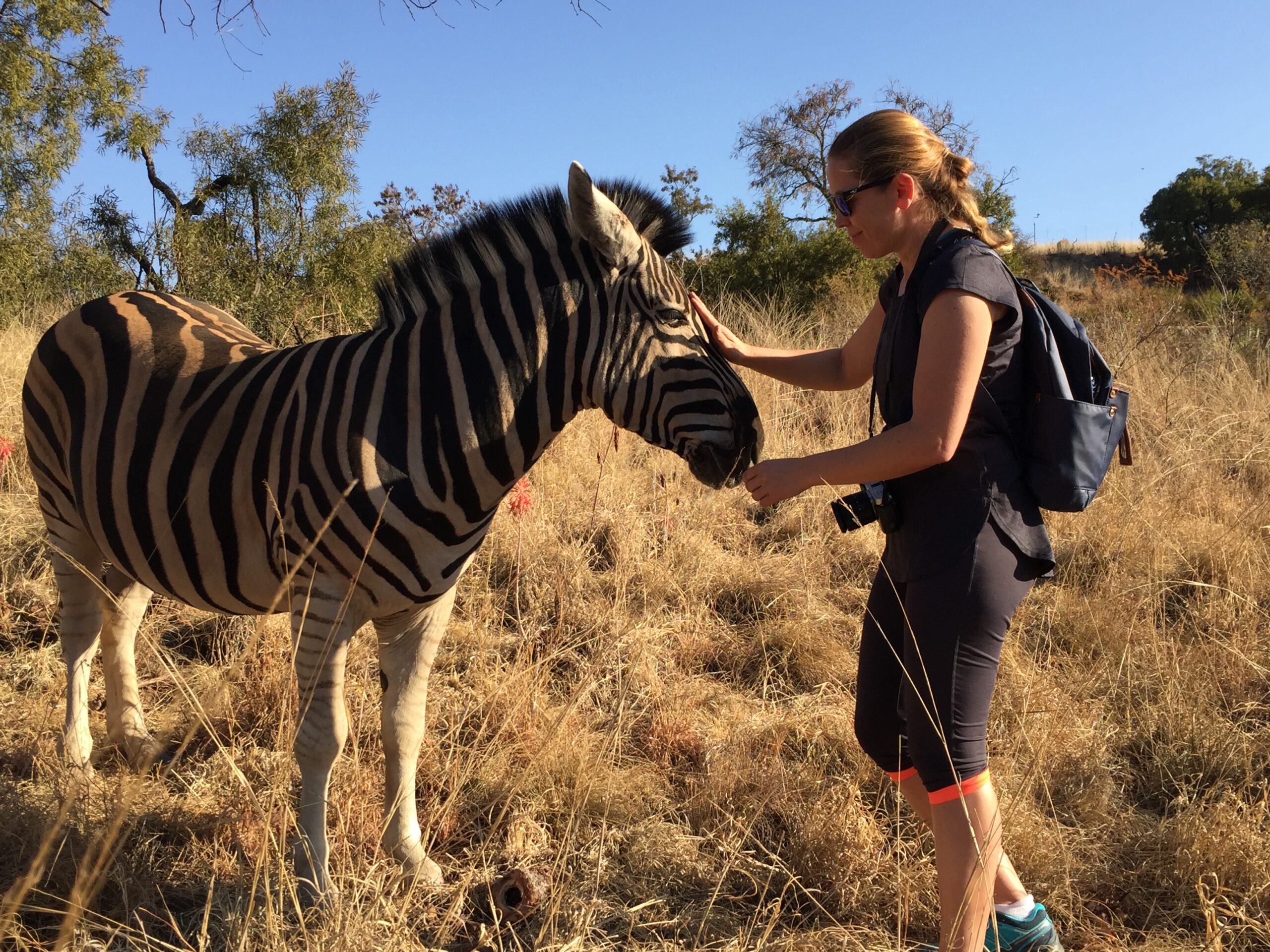Planning an African safari is one of the most exciting adventures in the world. Travelers dream about seeing lions, elephants, giraffes, and wildebeest running across wide open plains. But one of the most common questions people ask is: how much does it cost to enjoy a 7-day African safari? The answer depends on where you go, how you travel, and the level of comfort you choose. Let’s look at the details to help you plan your dream trip.
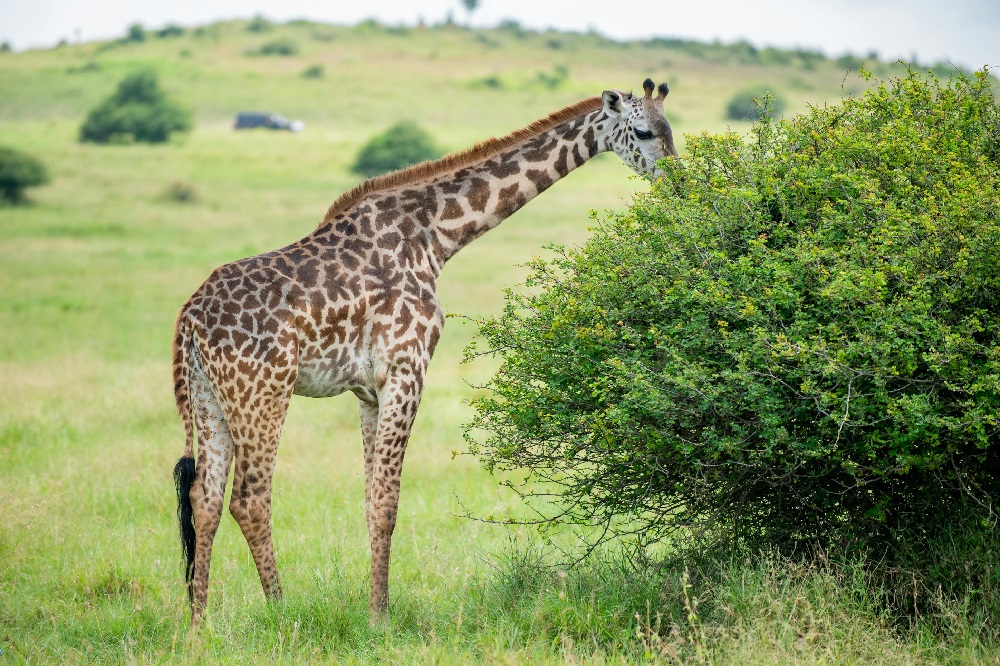
How much is the all-inclusive African safari with airfare?
When people ask about the cost of an all-inclusive safari with airfare, they want to know the total price from the moment they leave home until the moment they return. This includes flights, hotels or lodges, meals, park fees, game drives, and guides. The price can range widely depending on where you fly from and which country in Africa you choose.
For example, if you are traveling from the United States or Europe to East Africa, international flights alone may cost between $800 and $1,800 depending on the season and airline. Once you arrive, the safari packages usually cover everything from meals to transportation inside the parks. A mid-range all-inclusive safari in countries like Kenya or Tanzania can cost between $3,000 and $5,500 per person for 7 days. Luxury safaris, which include high-end lodges, private guides, and sometimes charter flights, can reach $8,000 to $15,000 per person. The good news is that there are also budget-friendly safaris starting from about $2,000 if you choose group camping trips with simple meals and tents. So the total cost of an all-inclusive 7-day safari with airfare can be anywhere between $3,500 and $12,000 depending on the style you prefer.
Is an African safari worth it?
Many travelers worry about spending so much money on a safari. The simple answer is yes, it is worth it. An African safari is not just a holiday; it is a life-changing experience. Imagine waking up in the morning to the sound of birds and roaring lions. You drive into the park and watch elephants cross the road in front of you. At sunset, you sit by a fire in the wilderness as giraffes walk by in the distance. These are memories you cannot put a price on.
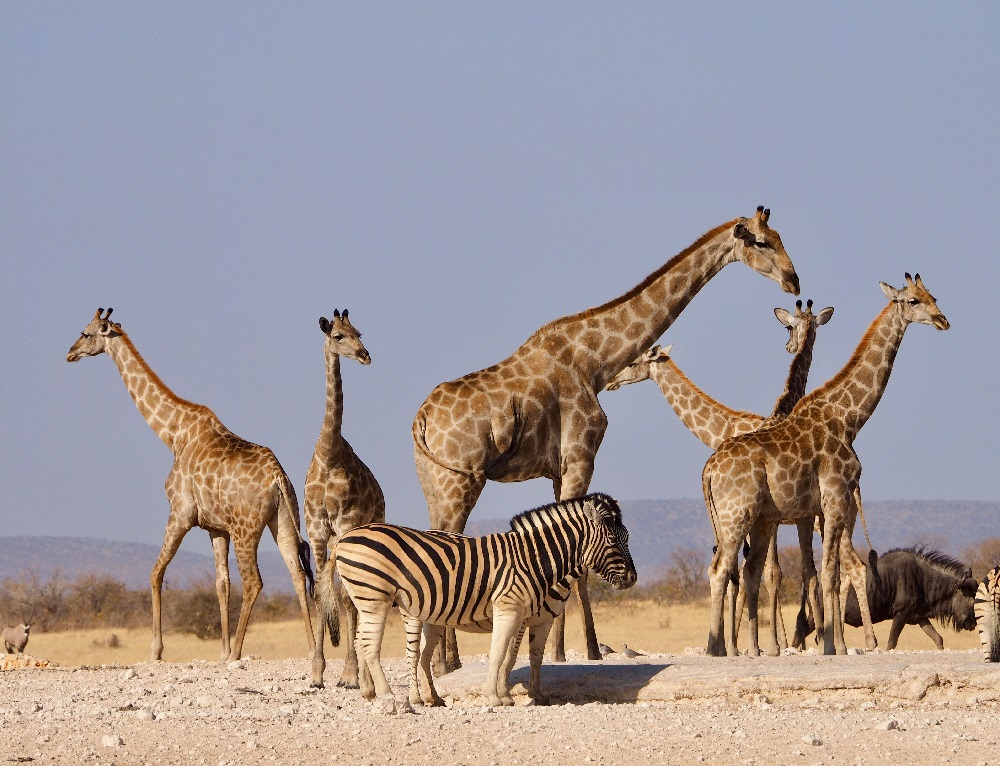
A safari gives you a chance to connect with nature in its purest form. Unlike a zoo, animals are free and wild. You also get to meet local guides and communities who share their stories and traditions with you. Beyond wildlife, safaris support conservation and local jobs. When you pay park fees and stay in lodges, part of your money goes to protecting animals and helping nearby villages. That means your trip has a positive impact too. For these reasons, most travelers say an African safari is one of the best investments they have ever made in travel.
Is 7 days safari too much?
Some people wonder if 7 days is too long for a safari. The truth is that 7 days is the perfect balance for most travelers. A shorter safari of 2 to 4 days can feel rushed, especially if you want to visit more than one park. On the other hand, a safari longer than 10 days may feel tiring for some, especially if you are not used to early mornings and long drives.
In 7 days, you can explore at least two or three famous parks. For example, in Tanzania, you might visit Serengeti National Park, Ngorongoro Crater, and Tarangire National Park. In Kenya, a 7-day safari could include Maasai Mara, Amboseli, and Lake Naivasha. Each park offers different landscapes and wildlife, so your trip feels varied and exciting. You also get enough time to relax at the lodge and enjoy the scenery. For most travelers, 7 days feels just right—long enough to enjoy everything without being too much.
How many days should you do on an African safari?
The number of days you should spend on safari depends on your travel goals. If you only want a short taste of the experience, 3 to 5 days may be enough. This works well if you are combining a safari with another destination, such as climbing Mount Kilimanjaro or visiting Zanzibar. However, if your dream is to see the famous Great Migration in Serengeti or Maasai Mara, or if you want to visit multiple parks, then 7 to 10 days is better.

Many experts recommend at least 7 days because it allows you to see different habitats and increases your chances of spotting the “Big Five”—lion, leopard, elephant, buffalo, and rhino. Weather and animal behavior can change daily, so spending more days gives you more opportunities. Remember that safaris are not like amusement parks where everything happens on schedule. Nature has its own timing, and patience often rewards travelers with magical moments.
Which safari is best in Africa?
Africa is a vast continent with many safari destinations, each with its own highlights. Some of the most famous safaris are found in East Africa and Southern Africa. In East Africa, Kenya’s Maasai Mara and Tanzania’s Serengeti are world-famous for the Great Migration, when millions of wildebeest and zebras cross the plains. Ngorongoro Crater in Tanzania is another special place where you can see an incredible concentration of animals in one area. Amboseli in Kenya is known for large herds of elephants with Mount Kilimanjaro in the background.
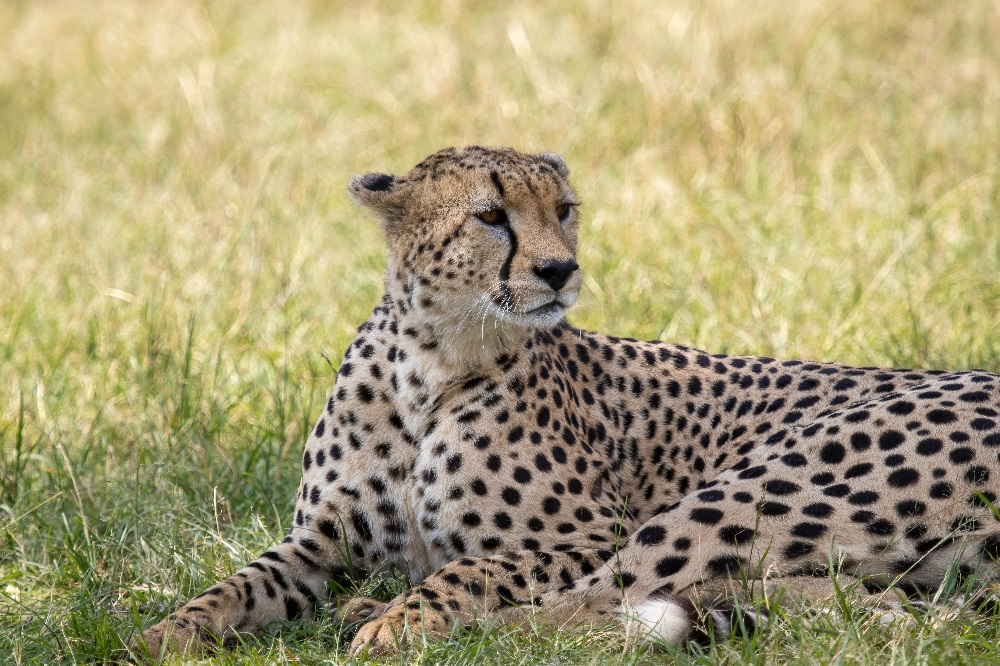
In Southern Africa, South Africa’s Kruger National Park is popular for its accessibility and wide variety of wildlife. Botswana’s Okavango Delta offers unique boat safaris where you can watch animals from the water. Namibia’s Etosha National Park has striking desert landscapes with rare animals like oryx and desert lions. Each safari destination has its own magic, but if you are looking for the classic African safari experience with wide open plains and big herds, Tanzania and Kenya are often considered the best.
Which African safari is best for money?
Not all safaris cost the same, and some countries offer better value than others. Kenya and Tanzania are known for having a wide range of safari options, from budget camping trips to luxury lodges. This means you can find something that suits your budget. South Africa is also a good choice for value because it has many self-drive safaris in Kruger National Park. Travelers can rent a car, pay park entry fees, and stay in affordable lodges or camps inside the park, which lowers the cost.

On the other hand, Botswana and Rwanda are more expensive because they focus on luxury tourism and limit the number of visitors to protect the environment. Uganda offers a unique experience with gorilla trekking, which is more expensive but worth it for the rare encounter. So the best safari for money depends on what you want. If you want the lowest prices, Kenya and South Africa are good choices. If you want the best balance of cost and experience, Tanzania often wins because it offers both high-quality wildlife viewing and a range of prices.
How much does Tanzania safari cost?
Tanzania is one of the most popular safari destinations in the world. The cost of a safari here depends on the type of trip you choose. A budget safari with camping and shared vehicles may cost between $200 and $300 per person per day. This means a 7-day budget safari could be around $1,400 to $2,100. A mid-range safari with comfortable lodges and professional guides usually costs between $350 and $600 per person per day, which makes a 7-day trip about $2,500 to $4,200. Luxury safaris, which include high-end lodges, private guides, and sometimes small plane flights between parks, can cost $700 to $1,500 per person per day. That means a 7-day luxury safari could be anywhere from $5,000 to $10,500.
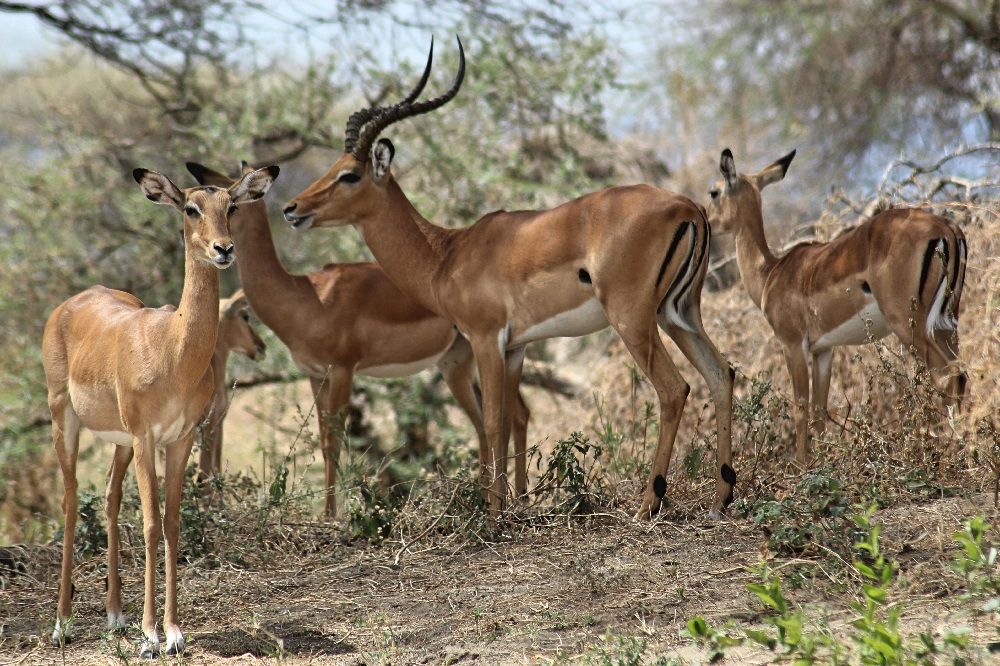
These prices usually include meals, park fees, guides, and accommodation. Extra costs may include tips, drinks, and optional activities like hot air balloon rides. Overall, Tanzania offers some of the best safari experiences in Africa, and many travelers find the price worth every penny.

